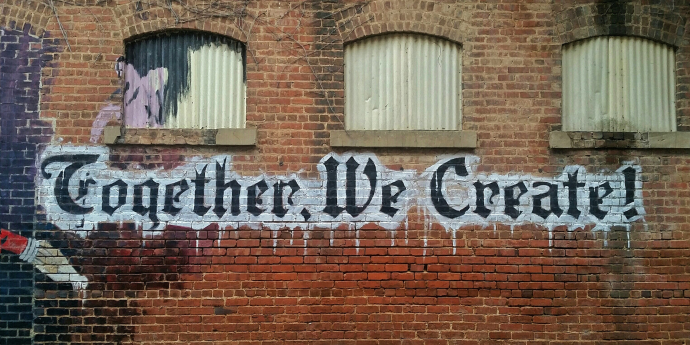Rodney Wong’s Success – finding points of light
Digging deep allows for positive change to take place at the board table, according to Palmerston North director Rodney Wong. Find out more.

In the rapidly evolving world of work, organisations are charging towards a new landscape. Those who are redefining how they interact with their workforce will be the ones best positioned to thrive in what continues to be a complex risk environment.
The Mercer Global Talent Trends 2022-23 report, which draws on insights shared by more than 11,000 C-suite executives, HR leaders and employees globally, found that two in five employees are planning to leave their organisation.
In light of this sobering statistic, creating a compelling reason for employees to stay is imperative to remain resilient.
Where organisations are struggling to find and retain talent in this new world of work, the answer to this problem may very well be inside the organisation already. We see this as the true shared value across an organisation and its workforce.
So how can business leaders create a reason for employees firstly to want to work for their organisation, but more so to stay? The question to unpack is: How is your workforce and key talent adding true value to your organisation, clients, customers, consumers and stakeholders?
The focus is on unlocking performance capacity, and accelerating skills and ways of working in a way that mutually benefits the employee and the organisation.Mutually beneficial alignment is very important.
According to the Global Talent Trends study, employees no longer want to work “for” an organisation, but rather work “with” an organisation. The importance of a working partnership that is authentic and transparent cannot be overstated.
There are many ways to frame such a partnership. Ultimately, it is about shared organisational strategy, purpose and aspiration. This is the framework that winning organisations share with their people to encourage buy-in.
To gain true engagement, every employee needs to be able to connect their role with the organisation’s purpose and direction and understand how they contribute to unlocking company aspirations. If employees can see and connect to this mutual strategy and direction, and are unequivocally clear on their individual contribution, the value shared across the workforce is significant.
Hand-in-hand with this, organisations in today’s new world of work should engage in high-performance programmes of work. This isn’t all about winning, but more importantly about trusted ways of working, ensuring clarity of roles, goals and plans.
In order to futureproof itself, an organisation must be deeply aware of both its strengths and skills gaps and, most importantly of all, what skills are needed to achieve its business strategy and aspirations. This will increasingly become critical in order to thrive amid evolving supply and demand factors.
“The call- out for every organisation is: Remember to take your people on this partnership journey and encourage them to be part of your strategic roadmap and delivery.”
Most business sectors realise that agility is needed in the workforce, and in many cases, this need has been forced upon them due to the pandemic and economic challenges. Globally and here in New Zealand, we see that taking a skills- powered approach across an organisation and its workforce increases productivity, heightens employee engagement and retention, and improves innovation and adaptability.
Working backwards from organisational strategy and aspiration, it is of course the workforce who will deliver on that strategy and unlock aspiration. This is a combination of thinking and action that can escape even the biggest and best organisations.
As organisations navigate the new terrain around the world of work, it is becoming abundantly clear a focus on skills is key to being future fit. A skills-powered organisation recognises the value of having a highly skilled workforce, and prioritises and invests in developing, enhancing and leveraging their skills.
We know the future of work will be characterised by the increased use of automation and artificial intelligence. On this backdrop, organisations will need to balance the need to embrace these technologies and adapt their business models to stay competitive, while being considered about what work drives strategy and performance.
The call-out for every organisation is: Remember to take your people on this partnership journey and encourage them to be part of your strategic roadmap and delivery.
Mercer Workforce Solutions is part of Marsh McLennan, the world’s leading professional services firm in risk, strategy and people. To discuss how to help your organisation unlock the full potential of your workforce go to contact.nz@mercer.com.